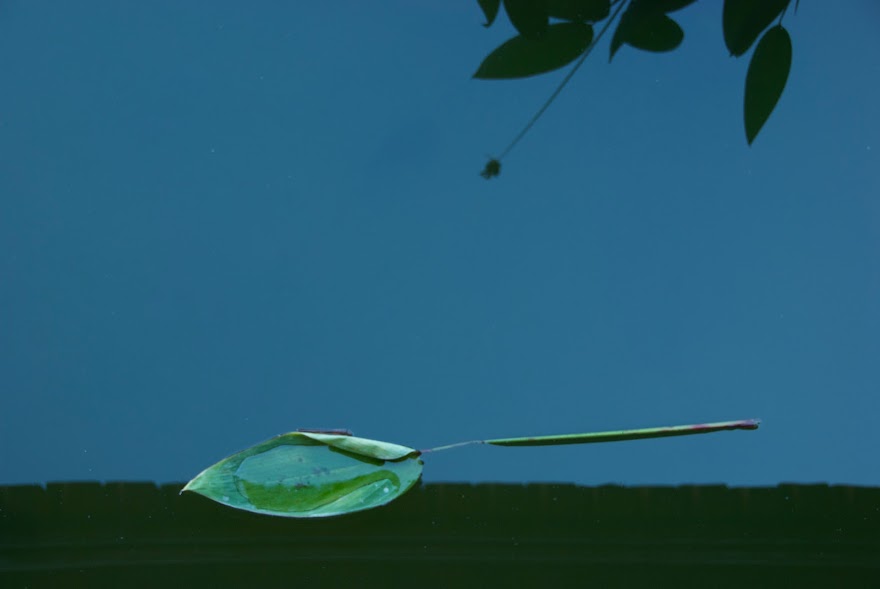The NY TIMES did what I was unable to and tracked past average death rates to compare with current ones. A chart is above. Here is a link to the article:
These are not as I had conjectured ‘substitute’ deaths.
There have been some beneficial consequences to the pandemic. Among the least important are that Carol’s alarm does not go off on weekdays at 5 a.m. and I can sleep to a more civilized 6 or 6:30, and we are eating better. When she has time Carol is an excellent cook. During a ‘normal’ work week she does not have time and Monday through Thursday I heat frozen dinners for us in the microwave. Turning on a microwave is half my cooking skill. The other half is boiling water. These are enough. Now that Carol’s commute to the office has been reduced from one hour each way to one minute each way, she does have time to cook and we are both enjoying the results. Shrimp pasta most recently.
A more significant consequence is that our destruction of the planet is being briefly paused. There are many signs of this, among them a remarkable reduction in air pollution. In India millions are seeing the Himalayas for the first time in their lives from homes as far as a hundred miles away.
Here the reduction of aerosols in the air is clearly shown.
I am sure this is only temporary. We’ll be back in business and on track again soon.
I really like Thomas Hardy and have since I first read THE MAYOR OF CASTERBRIDGE as a teenager. It was the first Hardy I ever read, and I am currently rereading it. During the six intervening decades I have read almost all his extensive works. He is as far as I know the only writer in English to be equally exceptional as a poet and a novelist. A long time ago a newspaper editor asked who my favorite writers are. I said then Hardy, Conrad, Zola. I would say so now.
You may know that I read a few poems each day. Currently I am reading Hardy and Cavafy.
Here are two poems by Thomas Hardy that I have recently enjoyed.
The first about mountain climbing.
The Schreckhorn
(With thoughts of Leslie Stephen)
Aloof, as if a thing of mood and whim;
Now that its spare and desolate figure gleams
Upon my nearing vision, less it seems
A looming Alp-height than a guise of him
Who scaled its horn with ventured life and limb,
Drawn on by vague imaginings, maybe,
Of semblance to his personality
In its quaint glooms, keen lights, and rugged trim.
Now that its spare and desolate figure gleams
Upon my nearing vision, less it seems
A looming Alp-height than a guise of him
Who scaled its horn with ventured life and limb,
Drawn on by vague imaginings, maybe,
Of semblance to his personality
In its quaint glooms, keen lights, and rugged trim.
At his last change, when Life’s dull coils unwind,
Will he, in old love, hitherward escape,
And the eternal essence of his mind
Enter this silent adamantine shape,
And his low voicing haunt its slipping snows
When dawn that calls the climber dyes them rose?
Will he, in old love, hitherward escape,
And the eternal essence of his mind
Enter this silent adamantine shape,
And his low voicing haunt its slipping snows
When dawn that calls the climber dyes them rose?
As I have learned Leslie Stephen was an author, editor, historian, pioneer mountain climber, and the father of Virginia Woolf. The Schreckhorn is a mountain in the Alps near the Eiger.
At Lulworth Cove a Century Back
BY THOMAS HARDY
Had I but lived a hundred years ago
I might have gone, as I have gone this year,
By Warmwell Cross on to a Cove I know,
And Time have placed his finger on me there:
"You see that man?" — I might have looked, and said,
"O yes: I see him. One that boat has brought
Which dropped down Channel round Saint Alban's Head.
So commonplace a youth calls not my thought."
"You see that man?" — "Why yes; I told you; yes:
Of an idling town-sort; thin; hair brown in hue;
And as the evening light scants less and less
He looks up at a star, as many do."
"You see that man?" — "Nay, leave me!" then I plead,
"I have fifteen miles to vamp across the lea,
And it grows dark, and I am weary-kneed:
I have said the third time; yes, that man I see!"
"Good. That man goes to Rome — to death, despair;
And no one notes him now but you and I:
A hundred years, and the world will follow him there,
And bend with reverence where his ashes lie."
A note of the end of this poem reads: In September 1820 John Keats on his way to Rome, landed one day on the Dorset coast, and composed the sonnet, ‘Bright star! would I were steadfast as thou art.’ The spot of his landing was Lulworth Cove.



2 comments:
Wonderful thoughts that bring me joy in these times. As a lifelong Hardy reader and admirer, I savored this selection. But what I most enjoy about reading every post you do is the chance to discover some new things and think about old things from your totally unique perspective. And I’ll see you on the bus.
I look forward to it, though that bus may be crowded.
Post a Comment